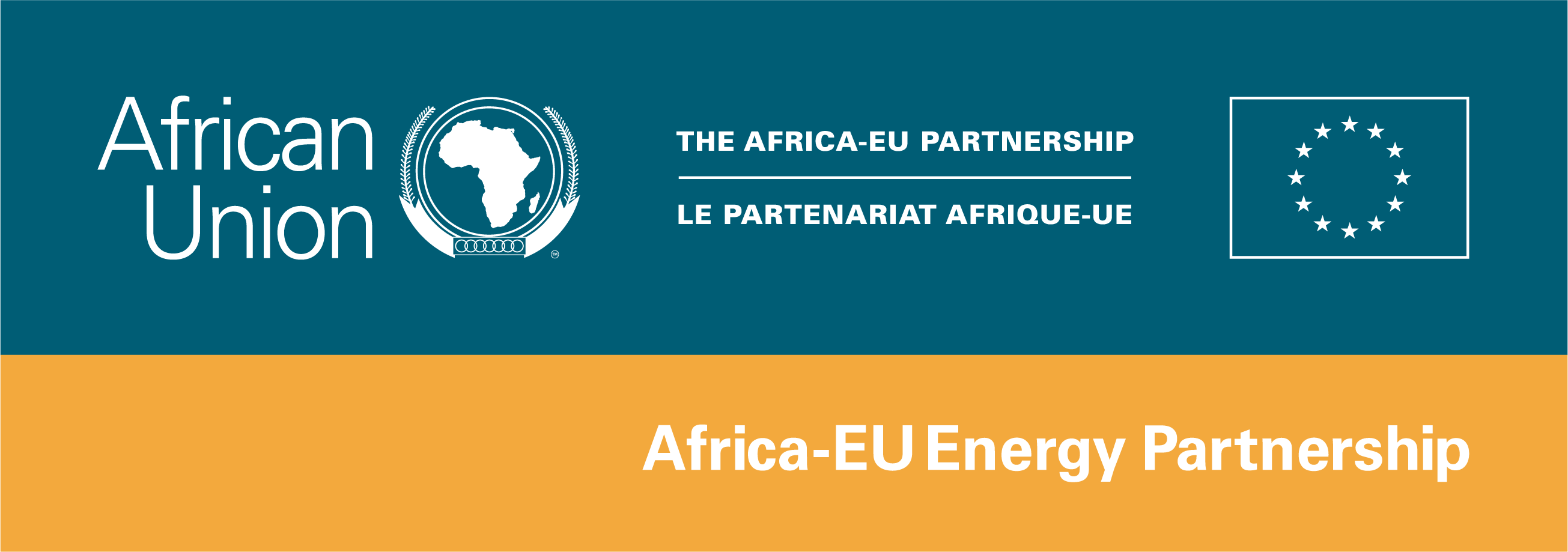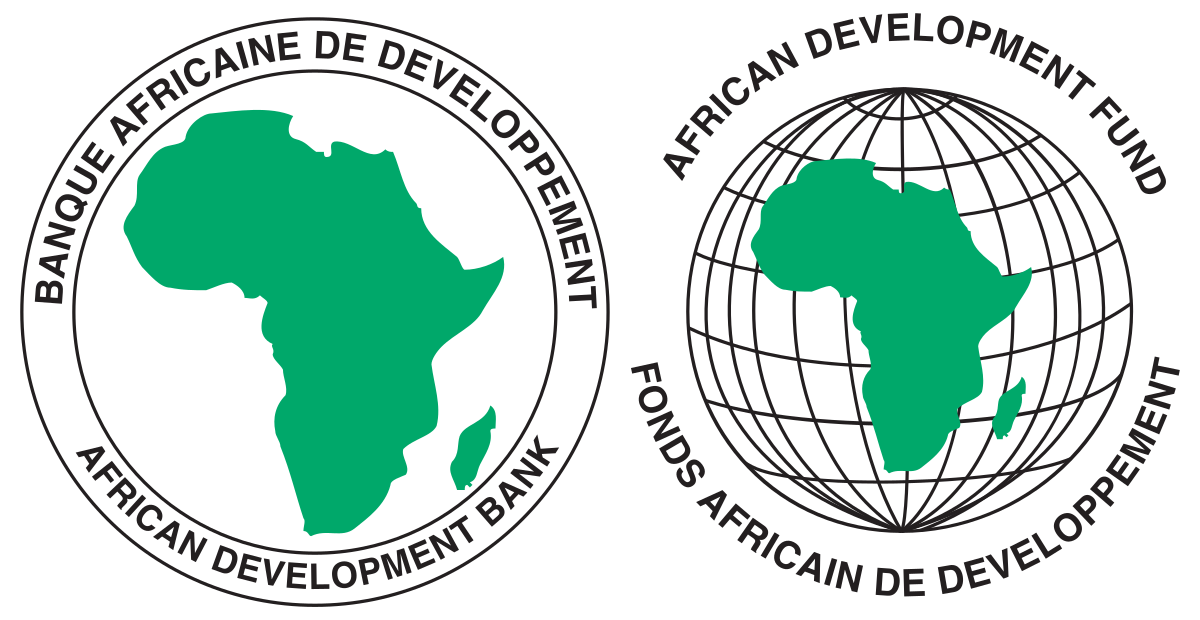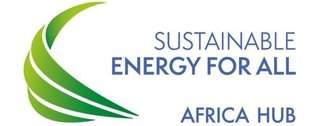Description
The Lagos Plan of Action (officially the Lagos Plan of Action for the Economic Development of Africa) was an Organisation of African Unity-backed plan to increase Africa's self-sufficiency. The plan blamed Africa's economic crisis on the Structural Adjustment Programs of the World Bank and International Monetary Fund and the vulnerability of African economies to worldwide economic shocks, such as the 1973 oil crisis. It has been characterized as the collective response of African states to the growing reliance of Western economies on the ideology of neoliberalism, which was summed up perfectly in the World Bank's 1981 Berg report, which replaced the LPA as the guiding economic document for Africa in the 1980s.
The report claimed that development in Africa could be achieved by a decreased reliance on raw material extraction, industrialization, global equality in trade relations and an increase in development aid from the international community. Africanist scholars noted the absence in the report of any blame on, or calls for reform of, domestic governments of Africa. This contrasts significantly with the Berg Report, which apportioned blame solely on the Africa leaders themselves, with the international community taking no responsibility for their part in Africa's demise.
The Lagos Plan of Action declared the African energy situation to be disturbing and rising at a rate that should cause serious concern. With consumption of Energy increasing at a rate that causes concern for the continent's energy supplies, the lack of an African national energy policy in most African countries was a major problem. The Plan identified the need to diversify energy sources, the lack of funding, limited manpower, and the lack of standardization in the energy sector. In the long term, the Plan recommended exploring fossil fuels, hydropower, nuclear power, and new and renewable energy sources.
Main Objectives
Main Activities
Outcomes and Impact
Negotiations involved
Type of Intervention
Type of Technical Assistance
Annual Budget (in millions)
Currency Used
Patnering Entities
Countries Active
Energy Sectors and Subsectors
SDG Focus
Agenda 2063 Focus
Sources
Organisation of African Unity (OAU). Lagos Plan of Action for the Economic Development of Africa 1980 - 2000





